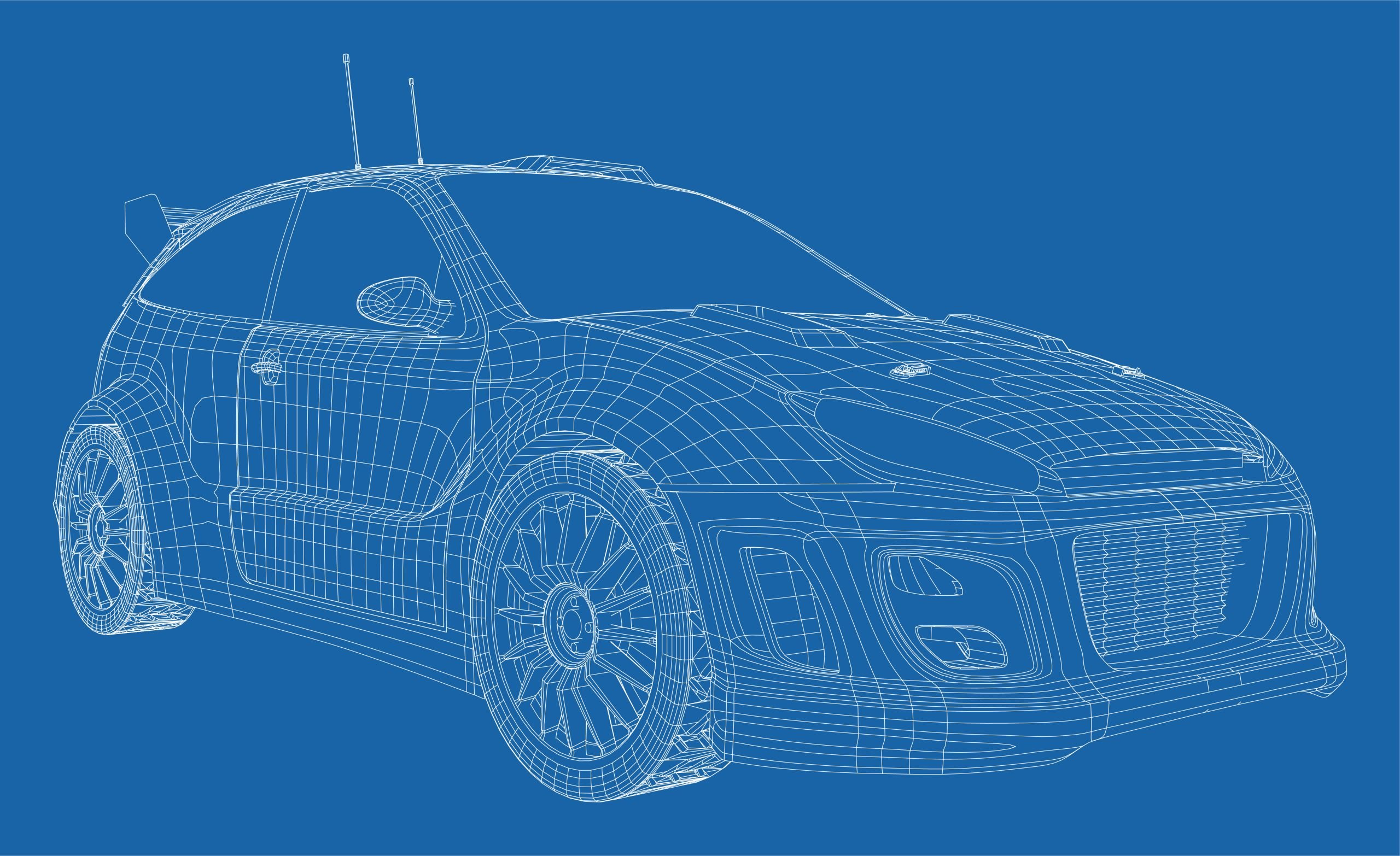
The transition to electrification is taking shape at different rates across North America.
In an IMR survey that interviewed 5,000 independent repair shops across the U.S., nearly all (96 per cent) of those automotive shops had seen an increase in EV servicing over the past two years. More than half (54.6 per cent) of those shops also indicated that a portion of their business was from servicing battery electric vehicles. In Canada specifically, zero-emission vehicles account for one in nine new vehicles registered.
Although shops are seeing an upward trend in EV servicing needs, about three in five (59 per cent) of shops have not invested in training that focuses on EVs, and only 43 per cent of shops surveyed have invested in the tools and equipment needed to specifically service electric and hybrid vehicles. Larger shops have made more investments in tools, equipment and training (57 per cent) than smaller shops have (10 per cent).
Shops that provide EV training and certification opportunities to their technicians and invest in the necessary equipment and tools to provide quality EV service will have greater business and profit potential as EVs continue to grow in popularity over the next decade.
EV education and training
Providing EV training and further education opportunities for shop staff is a crucial step to remain competitive in an ever-changing market. Younger generations of shop technicians will especially benefit from further EV education, as skills related to EV will prove essential to their careers.
Shops should immerse themselves in the diagnostic and repair techniques required to properly service EVs and gain hands-on experience to expand their skill sets. This can include inviting a professional trainer to the shop to discuss the fundamentals of electric vehicles, electric motor concepts, power electronics, maintenance and other troubleshooting topics.
When it comes to EVs, proper safety training is also important considering the higher voltage compared to ICE vehicles. To ensure shop owners are properly training their technicians in a safe environment, they should invest in training programs that offer virtual and in-person courses where attendees have access to specific training tools.
Once a shop’s staff is fully trained, it’s important the shop communicates and markets its EV service capabilities and certifications to returning and potential customers.
Providing EV training and further education opportunities for shop staff is a crucial step to remain competitive in an ever-changing market.
Tools and equipment
As shops begin to invest in EV equipment and tools, investing in safety equipment — like zero isolation gloves, warning signs and other protective gear — should be prioritized first. EVs bring new safety challenges that have not historically existed when servicing ICE vehicles, and it’s imperative that technicians and shops are equipped with the right tools and equipment to safely address customer needs.
Investing in the proper tools and equipment needed to diagnose and troubleshoot EVs is the next essential step toward growing a shop’s EV servicing capabilities. The most modern EVs have fully integrated software and control systems. Rather than individual controllers for each function, there may be one computer or zone controller that manages multiple systems.
Diagnostic scan tools that offer a wide range of vehicle coverage and scan for codes, read live vehicle data, run tests, view wiring diagrams and check battery charge are crucial to diagnosing issues in EVs — especially when considering the enhanced software.
Other essential pieces of equipment include ADAS calibration equipment, EV charging stations, CAT III or CAT IV Safety Rated Multimeters for working on high-voltage vehicles and a battery tester for checking on a vehicle’s battery and charging systems. For more advanced EV service, shops can invest in an insulation tester to perform insulation and high-voltage electrical tests.
There is a much higher level of powertrain integration in most EVs, with many powertrain components integrated into a single assembly. For servicing and changing integrated components, the full powertrain and suspension must be dropped. Powertrain lifts, easy rollers, car dollies and rescue hooks will be essential for expert EV service.
It’s important to remember that, at the end of the day, it’s still a vehicle. Filters are filters, brakes are brakes, so on and so forth. There is plenty of overlap between ICE and EV service, lowering the barrier to entry for shops interested in expanding into EV coverage.
Shop owners who are skeptical may have reservations about making large investments when they aren’t seeing enough EVs to make it worthwhile. That said, savvy shop owners can get ahead of the trend while limiting their risk by prioritizing what they can now.
Now is the time to invest for success
While provinces like British Columbia and Quebec host some of the highest numbers of vehicle registrations, EV sentiment and adoption have increased across the country. In fact, a recent study has revealed that 80 per cent of EV skeptics will consider purchasing an EV in the next ten years.
However, like many vehicle service trends and innovations, rural areas will be slower to adopt compared to major population centers. Shop owners who are skeptical may have reservations about making large investments when they aren’t seeing enough EVs to make it worthwhile. That said, savvy shop owners can get ahead of the trend while limiting their risk by prioritizing what they can now.
EVs have arrived — and are only becoming more prevalent. Investing in tools and equipment now that can be used when servicing both ICE and EVs will prepare shops for the inevitable influx of EVs in the future and offer a competitive edge in terms of service capabilities. Training is essential, yet only 3 per cent of technicians say they’re trained on servicing EVs.
Shops that prioritize training and preparation now will be in a better position to effectively and successfully address EV service needs in the long run.
Jeff Hudnut and Jennifer Grabowski are product managers at Bosch Mobility Aftermarket. The Bosch EV Training Tour features multiple training devices — including a training aid car that simulates diagnosing and repairing an EV battery and motor without exposure to a live, high-voltage battery.
This article originally appeared in the Summer 2024 issue of EV World



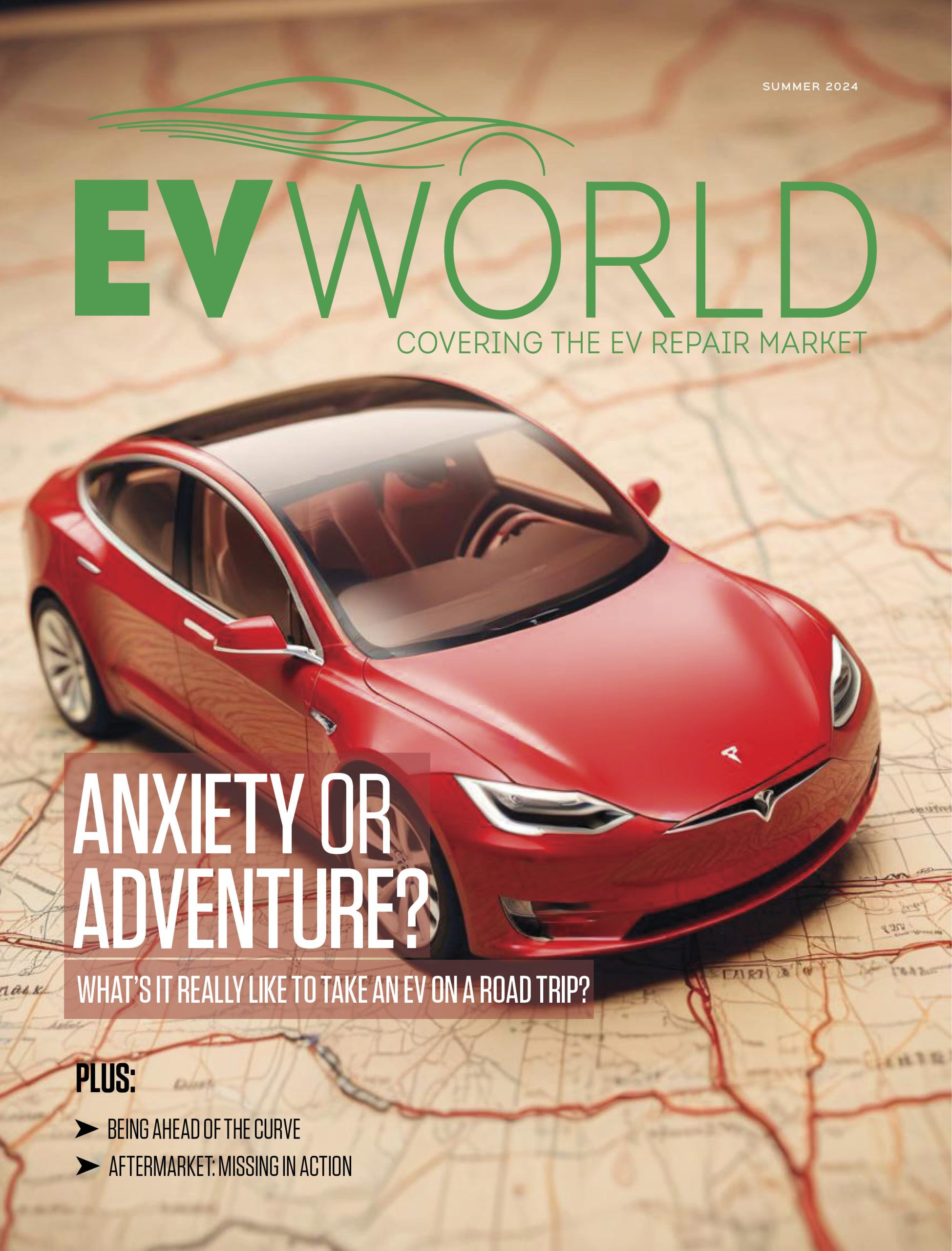

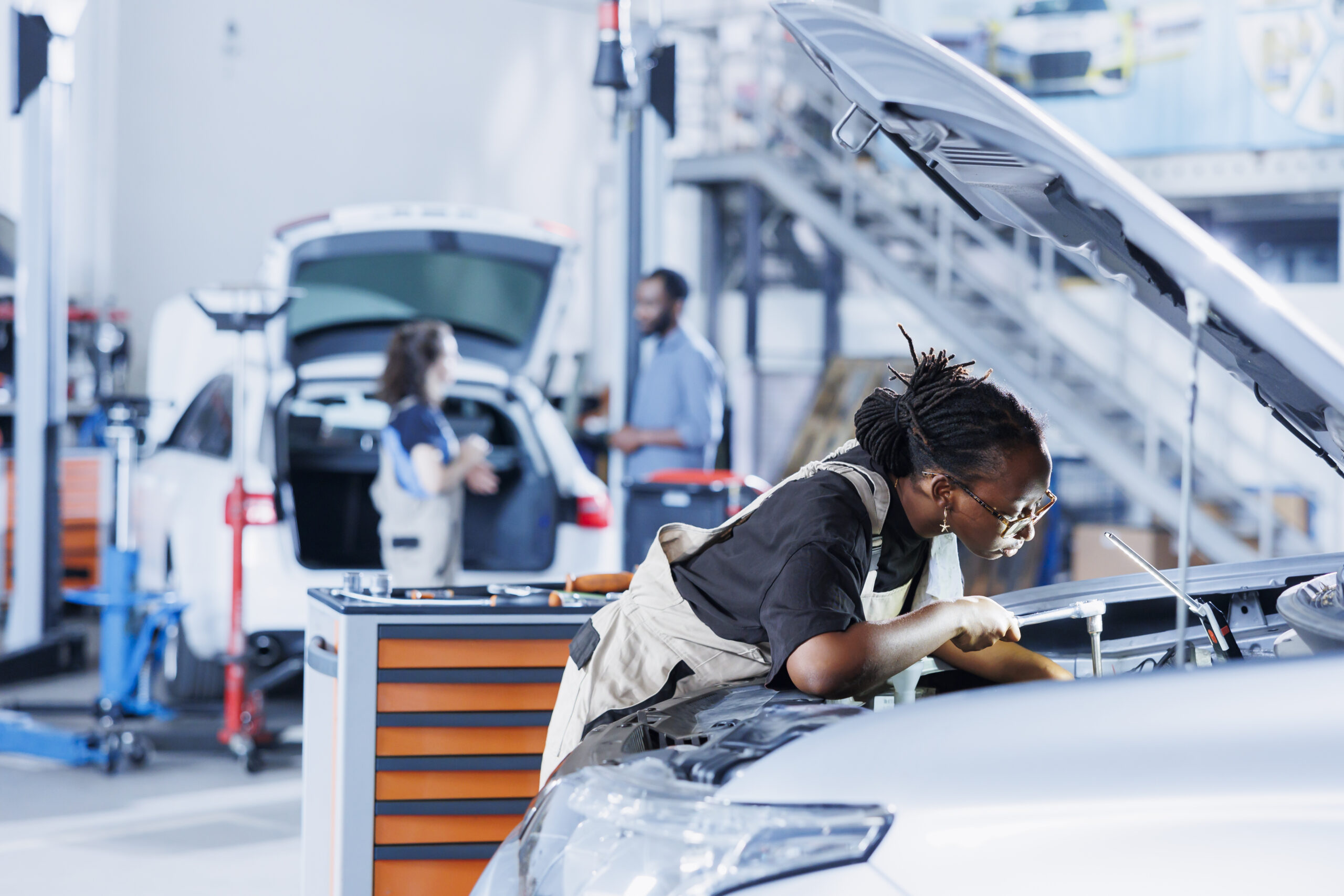


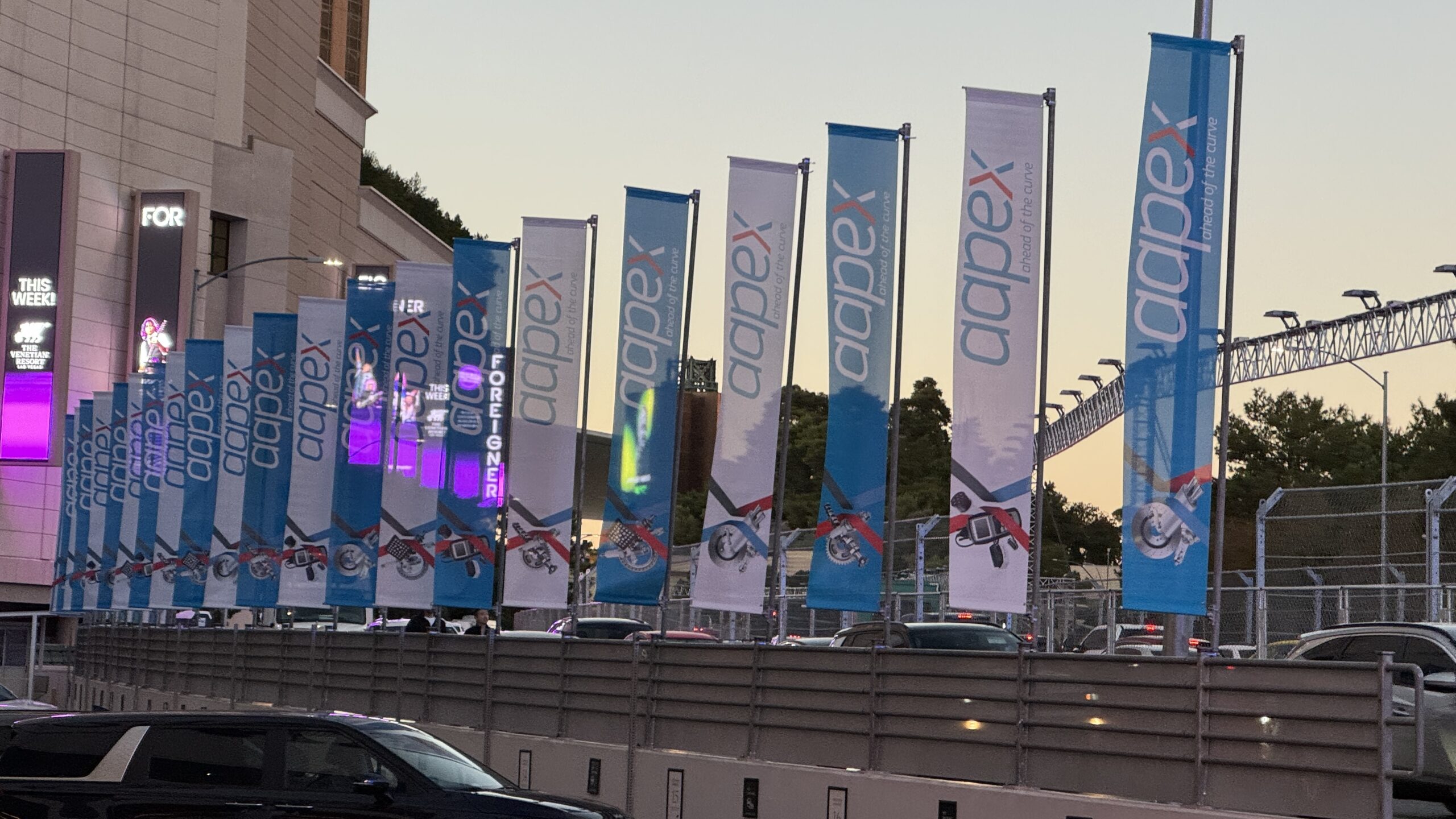


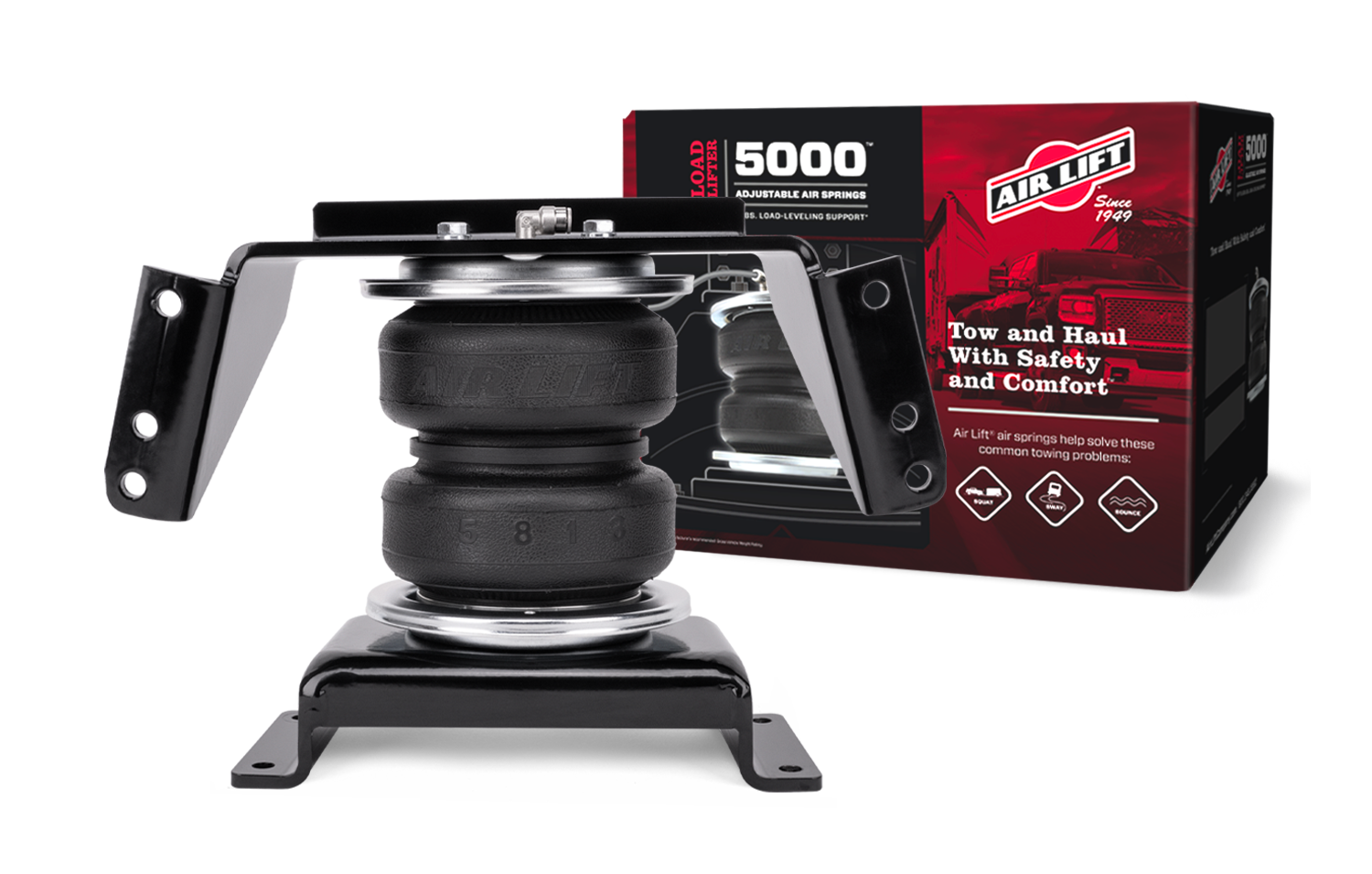
Leave a Reply